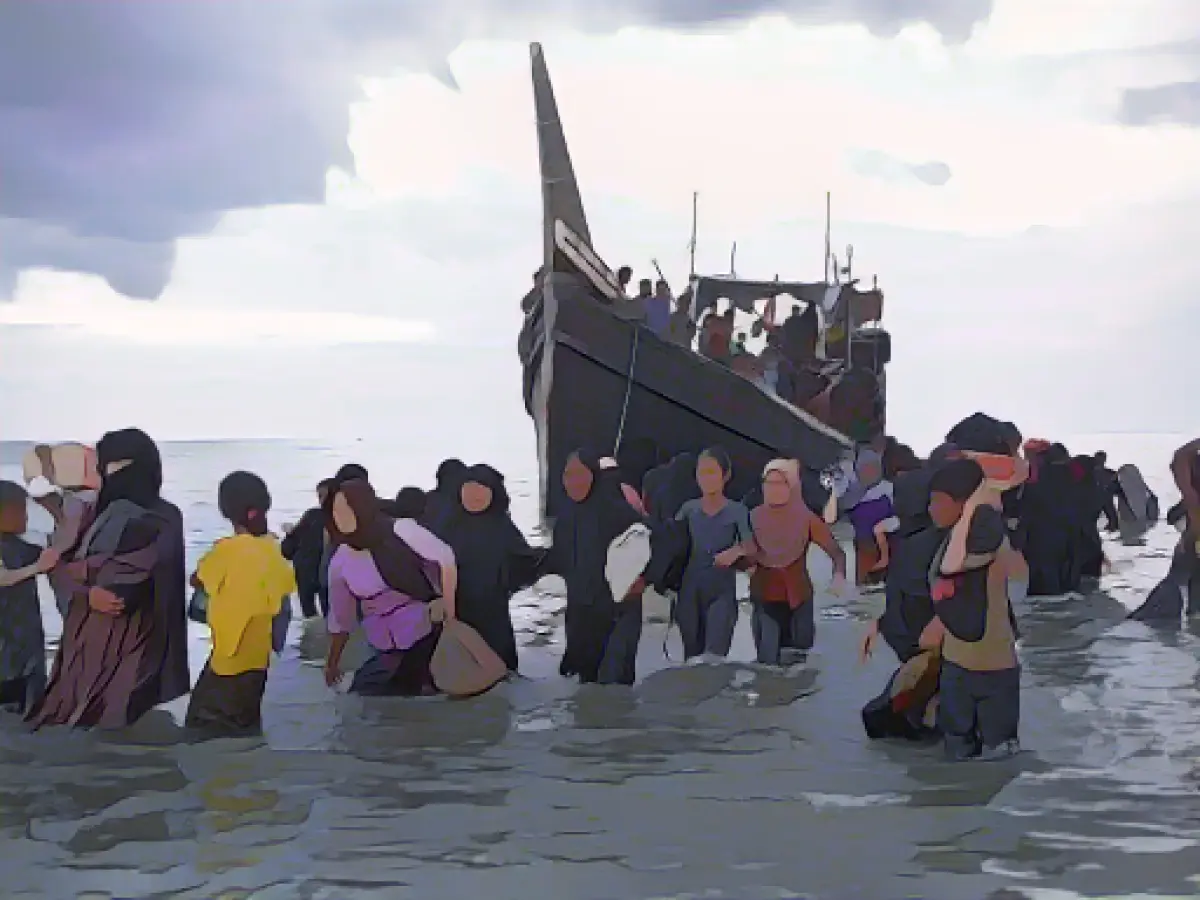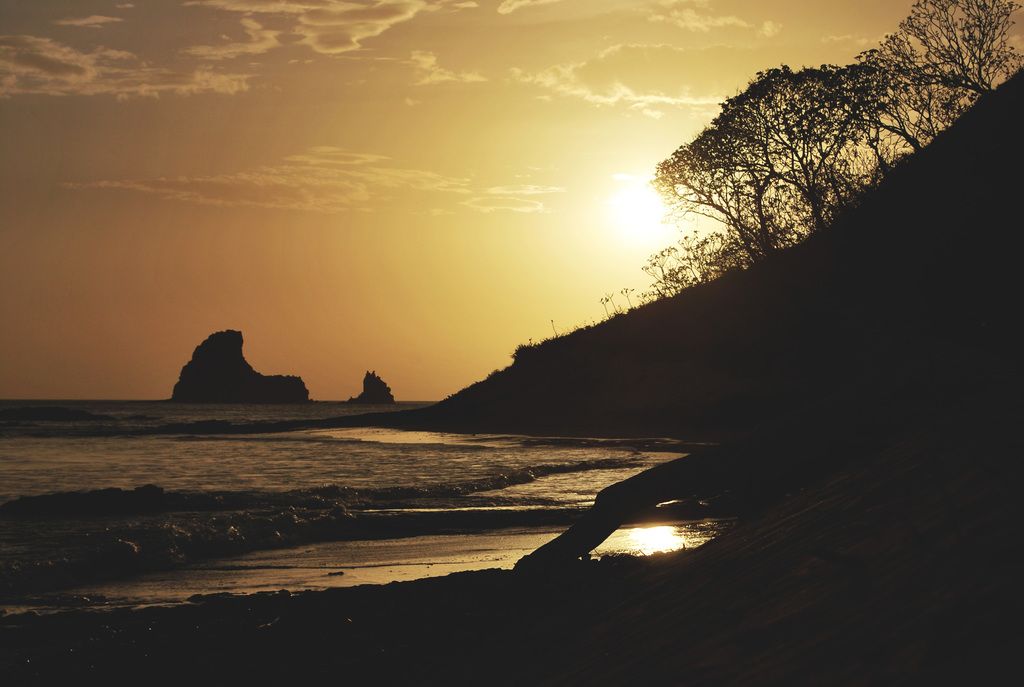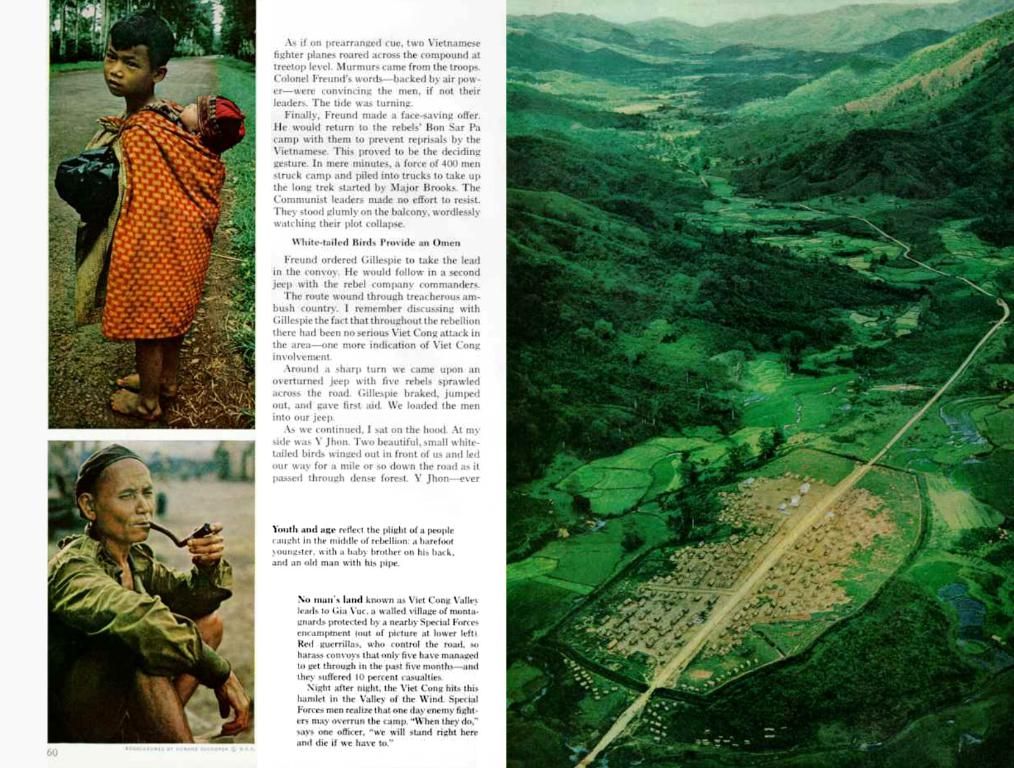Rohingya Drama Unfolds in Indonesia's Waters
For days now, a heartrending drama plays out in the Indonesian province of Aceh, situated on the island of Sumatra's north coast. The UN Refugee Agency (UNHCR) reports that within the last week, five overcrowded boats carrying a staggering 890 refugees from Myanmar reached the province's shores. Among them, approximately 250 traveled for five days due to the local population's objections to their landing in two different locations, pushing them back into the sea. After humanitarian groups and the United Nations pleaded on their behalf, these weary travelers were allowed to come ashore on Sunday.
The refugees, part of the Rohingya Muslim minority, flee from predominantly Buddhist Myanmar, where they endured brutal expulsion in 2017. Lasting over a month, the military crackdown in Rakhine, bordering Bangladesh, forced hundreds of thousands to take flight. The UN labels the oppression of this community as genocide, with the Myanmar military junta revoking their citizenship under a 1983 law.
"Desperate journeys for a desperate people," Ann Maymann, the UNHCR head in Indonesia, laments. "Their search for solutions leads them to risk their lives once again." When the first boats arrived last week, the local populace in Aceh provided sustenance and shelter. Sadly, they turned away one of the vessels at two coastal towns, perplexing many who voice concerns about the Indonesian government's actions.
Historically, Indonesia has yet to sign the Geneva Convention on Refugees, creating room for controversy regarding their handling of refugee situations. Human rights activists implore the Indonesian government to afford the Rohingya refugee community humanitarian aid, safety, and adherence to the principle of non-refoulement. Usman Hamid, Anmesty International's executive director in Indonesia, expressed that Indonesia bears a responsibility to help: "They need help."
The UN and human rights groups fiercely urged the safe landing of approximately 250 Rohingya refugees, forced to linger at sea for days after being turned away by the local population in Indonesia.
Emergence of a Hidden Plight
Although the Indonesian government acknowledged the Rohingya refugee crisis and vowed action against human traffickers, their approach faced criticism.
- Human Trafficking Myth: Blaming human traffickers for the Rohingya immigration surge rather than addressing the core grievances that led to their exile often overshadows the dehumanizing treatment in Myanmar.
- Limited Support: The aid delivered to the refugees remains inadequate, with more comprehensive measures and supports needed to address their needs.
- Corruption: Corruption and lax border control allow off-the-books migration routes, straining Indonesia's preparedness for this unforeseen humanitarian challenge.
Despite these gaps, Indonesia's acknowledgment of the emergency and steps to address it make a crucial difference in the lives of the refugee community.








